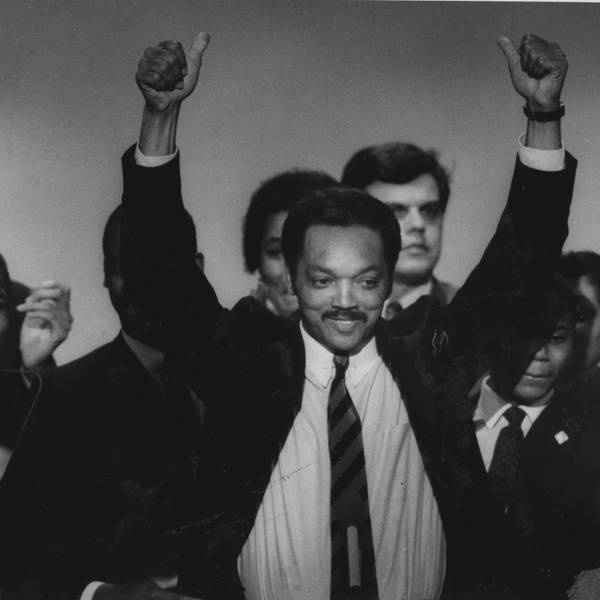Longtime activist, educator, and philosopher Grace Lee Boggs passed early Monday at the age of 100.
Friends and caregivers Shay Howell and Alice Jennings said in a statement about her passing that Boggs "left this life as she lived it: surrounded by books, politics, people and ideas." Boggs died peacefully in her sleep in her Detroit home.
Born in Rhode Island in 1915, the daughter of Chinese immigrants studied at Barnard College and Bryn Mawr, where she received Ph.D. in philosophy in 1940. These studies led to a lifetime of activism, starting in Chicago with the movement for tenants' rights and the Workers Party. In the 1960s, Grace moved to Detroit, where she became known for her work, along with her late husband, author and activist James Boggs.
Over the past 70 years, she was involved with the civil rights, Black Power, labor, environmental justice, and feminist movements. In 1992, she co-founded the Detroit Summer youth program, "a multi-racial, inter-generational collective" that serves as a training ground for youth activists. She once stated, "you cannot change any society unless you take responsibility for it, unless you see yourself as belonging to it and responsible for changing it."
"Grace Lee Boggs embraces a philosophy of constant questioning--not just of who we are as individuals, but of how we relate to those in our community and country, to those in other countries, and to the local and global environment," notes a biography of Boggs, which accompanies of portrait of her painted by artist Robert Shetterly.
Throughout her life, Boggs' speeches and essays frequently made connections between the suffering experienced by poor and marginalized communities with humanity's overall lack of vision, exemplified by the demand for "endless growth."
"We need to find that balance of life that respects each other, that thinks that the most important thing at this time on the clock of the world is not our accumulation of things...the time has come to grow our souls."
During a 2012 talk given in San Francisco, Boggs spoke alternately of the need to "grow our souls."
She said: "We need to find that balance of life that respects each other, that thinks that the most important thing at this time on the clock of the world is not our accumulation of things, is not economic growth which threatens and imperils all life on this planet including ourselves, that the time has come to grow our souls, to grow our relationships with one another, to create families that are loving and communities that are loving, to bring the neighbor back into the hood."
And in an essay written in 2010 explaining why she did not partake in a commemoration of the August 28, 1963 March on Washington, Boggs boldly questioned the value of "encouraging democratic illusions" while there was still such pervasive injustice and inequity in the U.S.. Instead, she reiterated Dr. Martin Luther King's call for a "Radical Revolution of Values," which she said not only disparages racism, but also "Materialism and Militarism."
In her final post on the Boggs Center website, written in August 2014, she wrote, "I want my life to challenge people to think philosophically. I want people to ask themselves and each other what time it is on the clock of the world."



